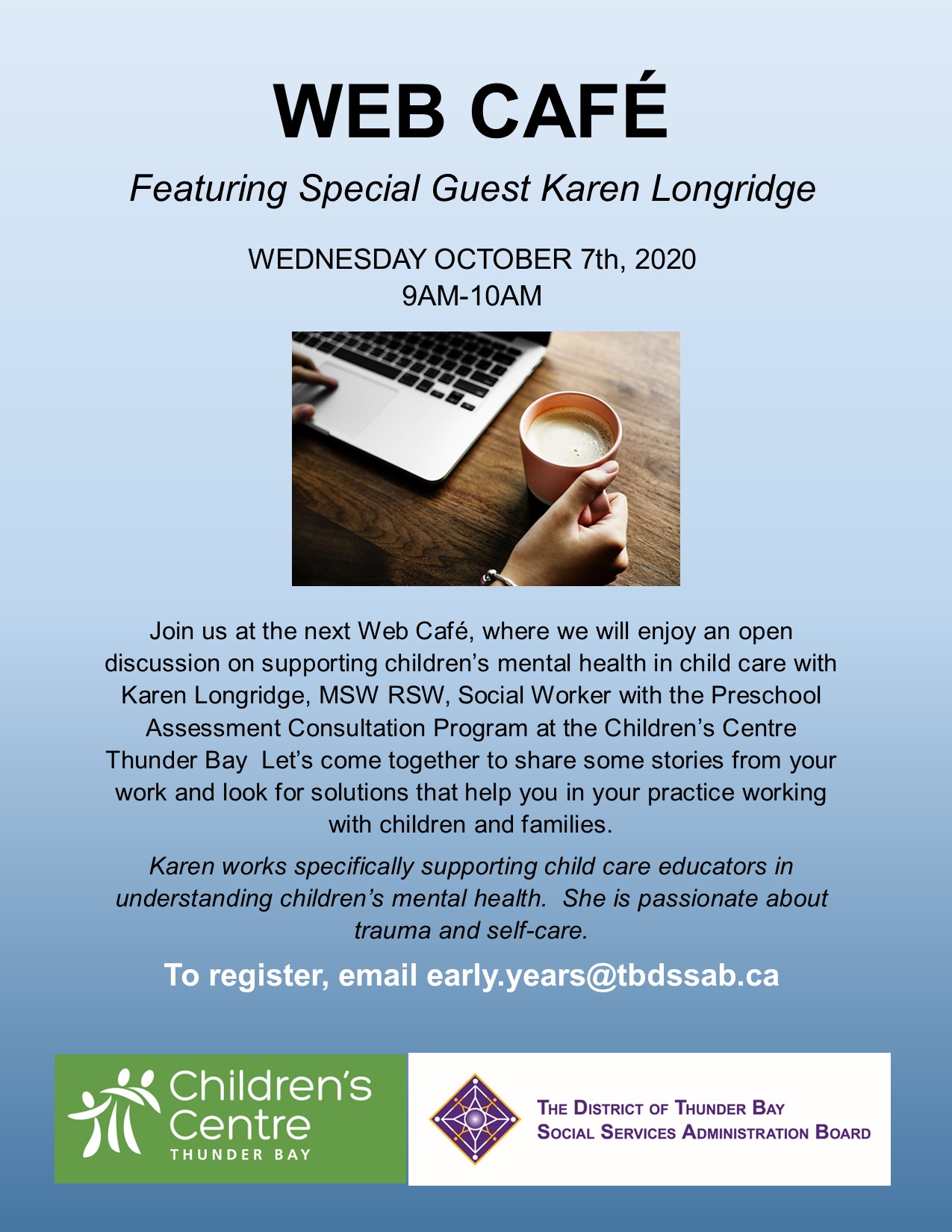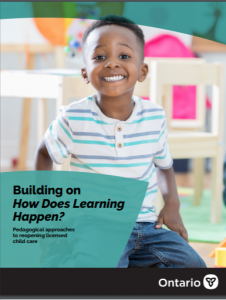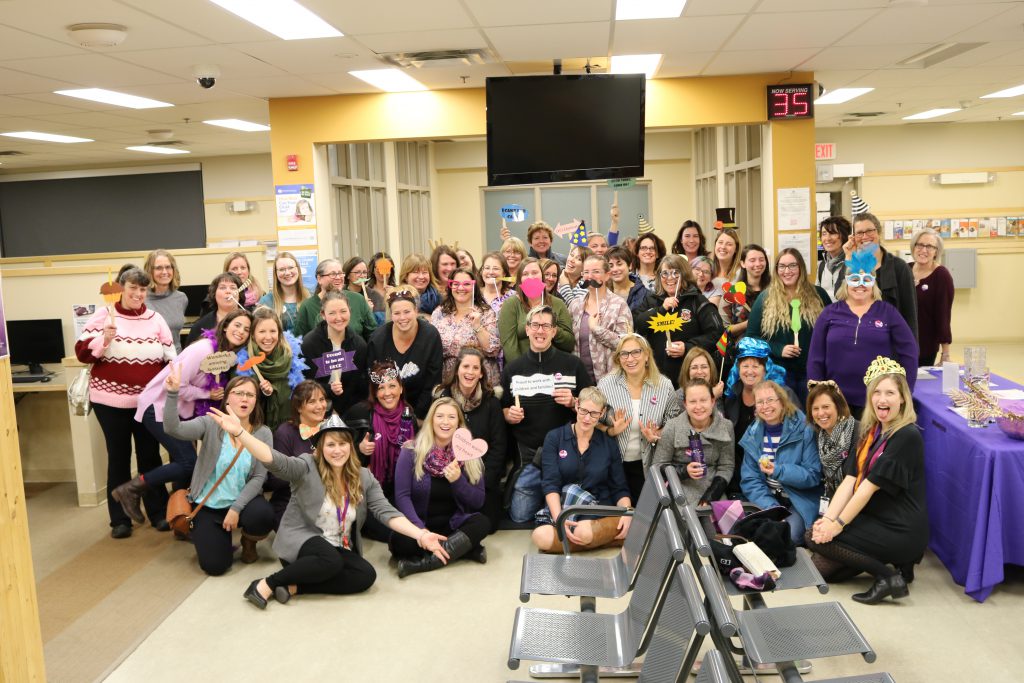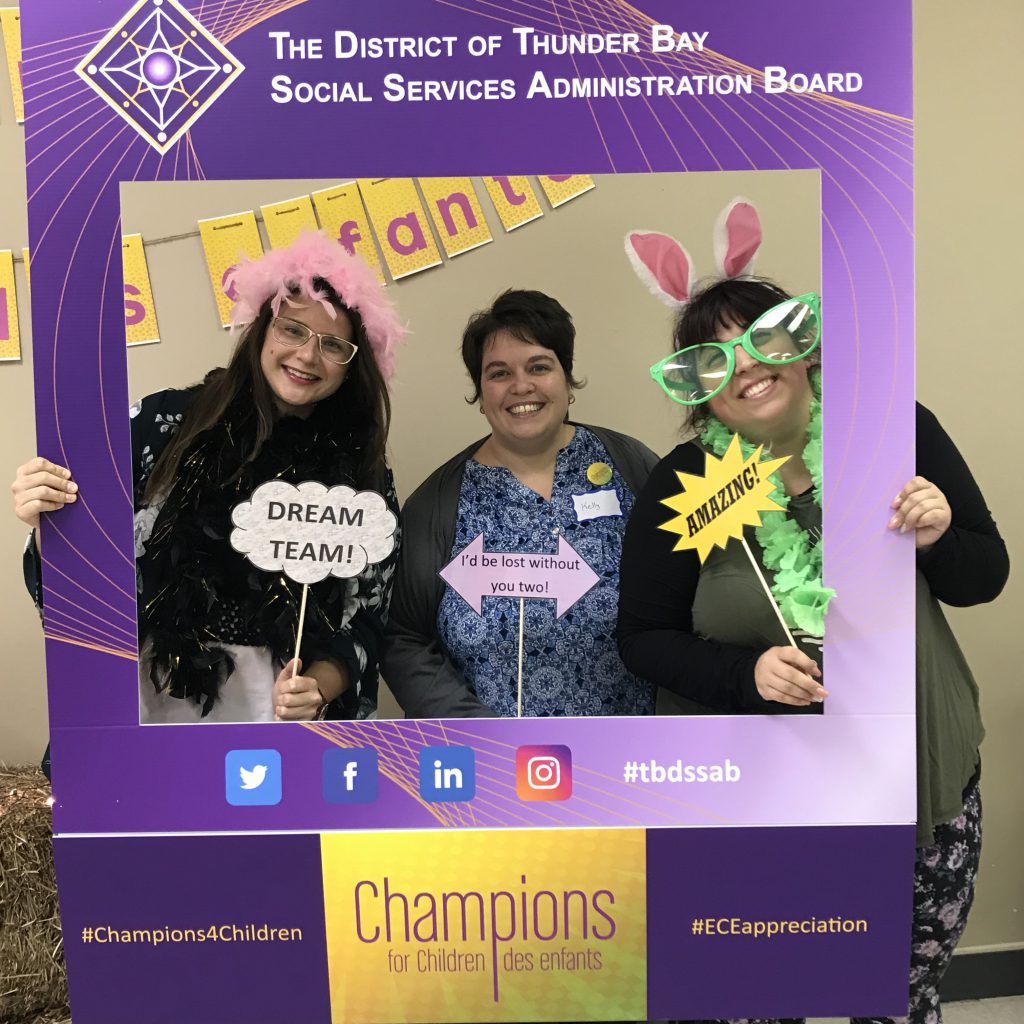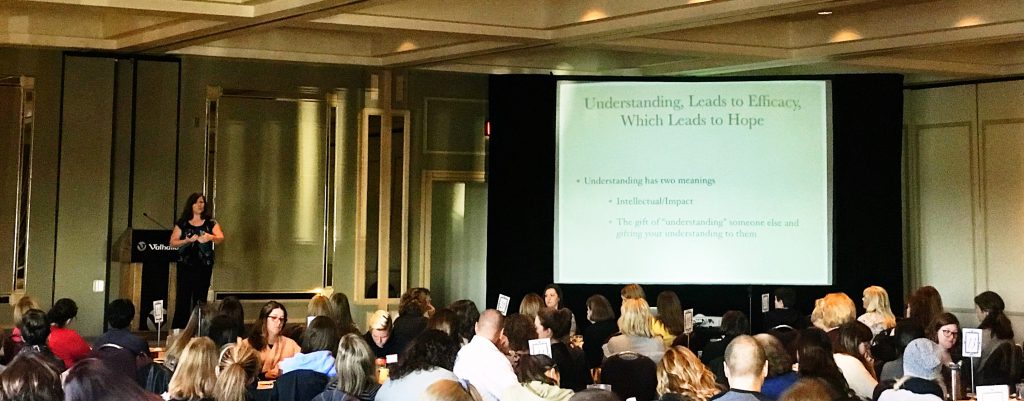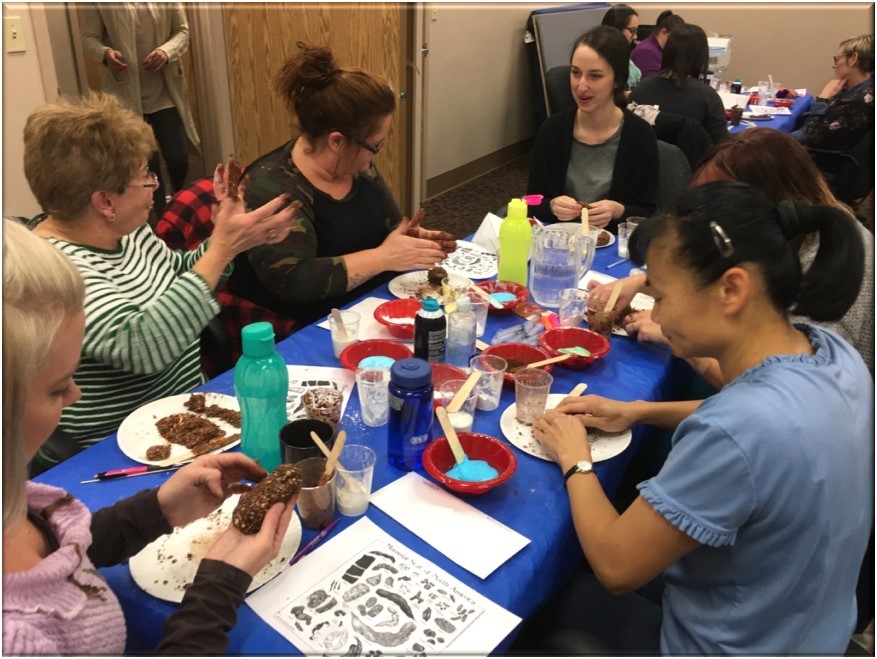Hello,
The District of Thunder Bay Social Services Administration Board recognizes that this is a challenging time for all of our educators working front-line in programs. We really appreciate the hard work that you do. We have attached two resources that may be helpful for educators who are experiencing stress.
Both resources come from the Cognitive Behavioural Interpersonal Skills Manual (CBIS). This is a Canadian resource published in 2015. The first resource is titled Wellness Activities. This can help anyone incorporate more activities to support good mental health and well-being. The second resource we are sharing is called Stress Busters, which offers some simple and quick activities that can be done to relieve stress.
We encourage you to print and share these resources with your staff. Additionally, educators can perform these stress busters alongside the children and demonstrate ways that children can also relieve stress.
We will continue to support operators and educators to foster a sense of well-being among programs. Thank you for all that you do for children and families! If you have suggestions for content, please email us at early.years@tbdssab.ca
Reference:
CBIS_Manual_0409.indd (gpscbc.ca)

